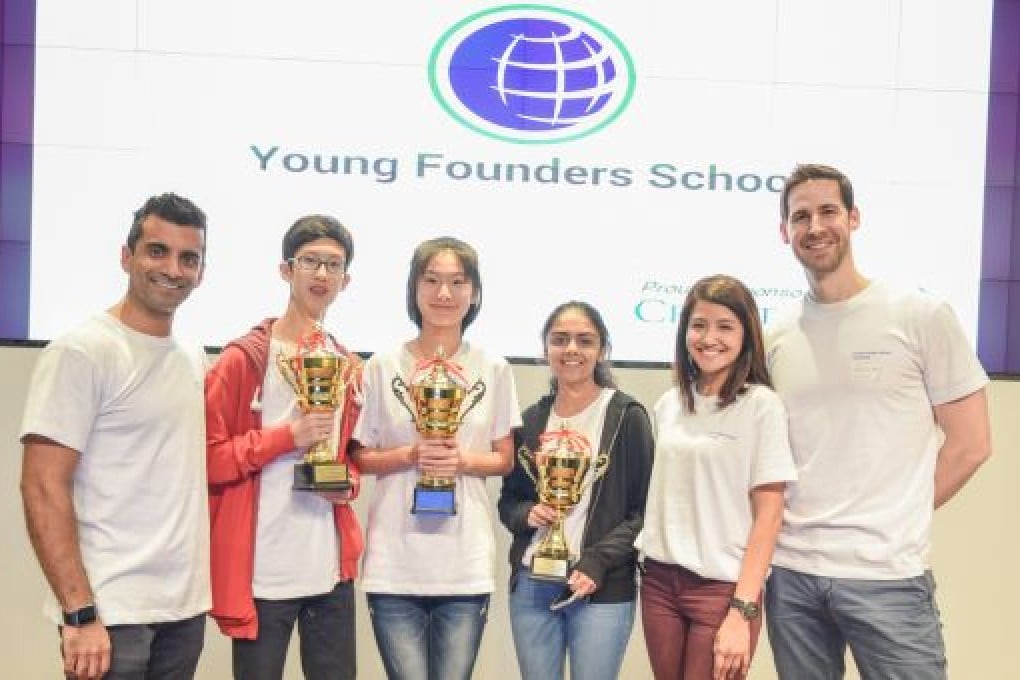
Hong Kong has long had a reputation as one of Asia’s major entrepreneurial hubs. So it’s no surprise that there’s a selection of top-notch courses and programmes to encourage the city’s youth to carry on this tradition of innovation.
The Young Founders School (YFS), which calls itself “a start-up boot camp for high school students”, is a perfect example. Designed for those aged 12 to 17, the school recently completed its first year of operation, during which it ran four weekend boot camps, and hosted a demonstration at the prestigious entrepreneur clubhouse Metta.
“When we looked at the market, we noticed there were a good number of start-up learning opportunities for adults, but very little being done for students,” says CEO and founder Billy Naveed. “This was a gap, as the students we work with have proved more than capable of benefitting from an entrepreneur’s mindset and toolbox. They are creative, and see opportunities that adults often miss.”

Billy Naveed.
YFS had a resoundingly successful first year, with 400 student participants. What’s more, over 50 per cent of them were female. “We’ve run 160 hours of learning, and have a pool of more than 130 mentors that support our events,” Naveed says.